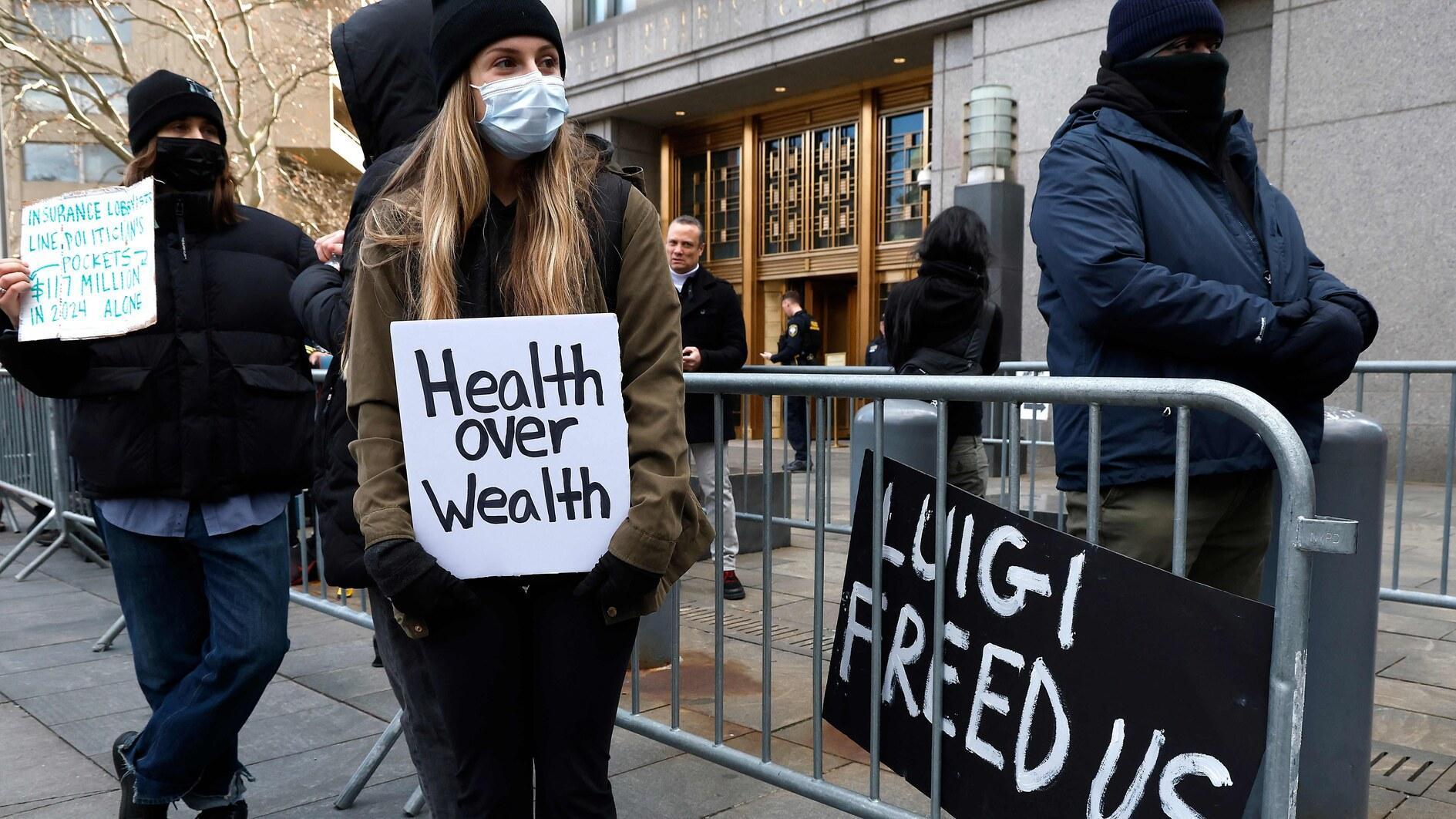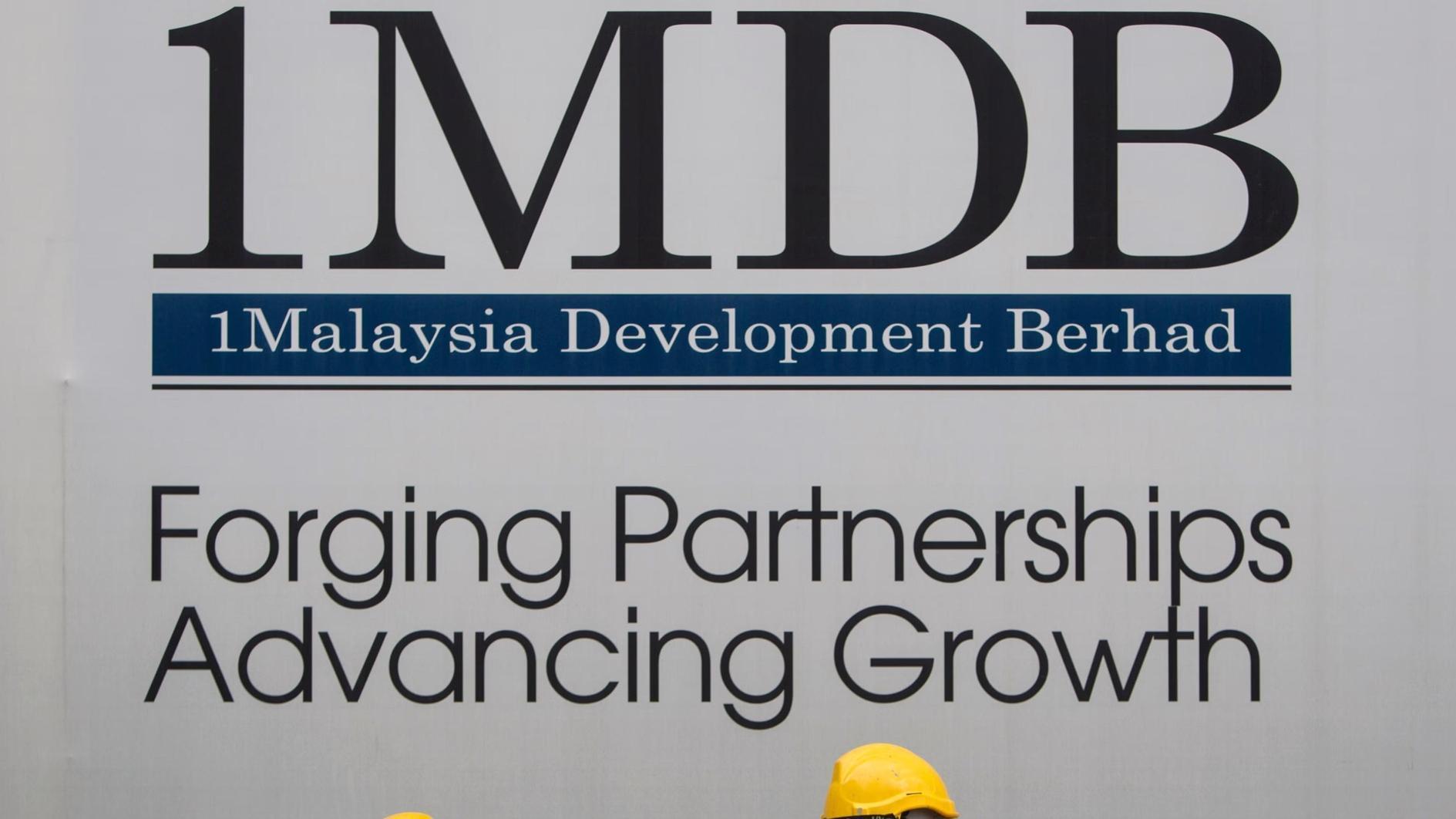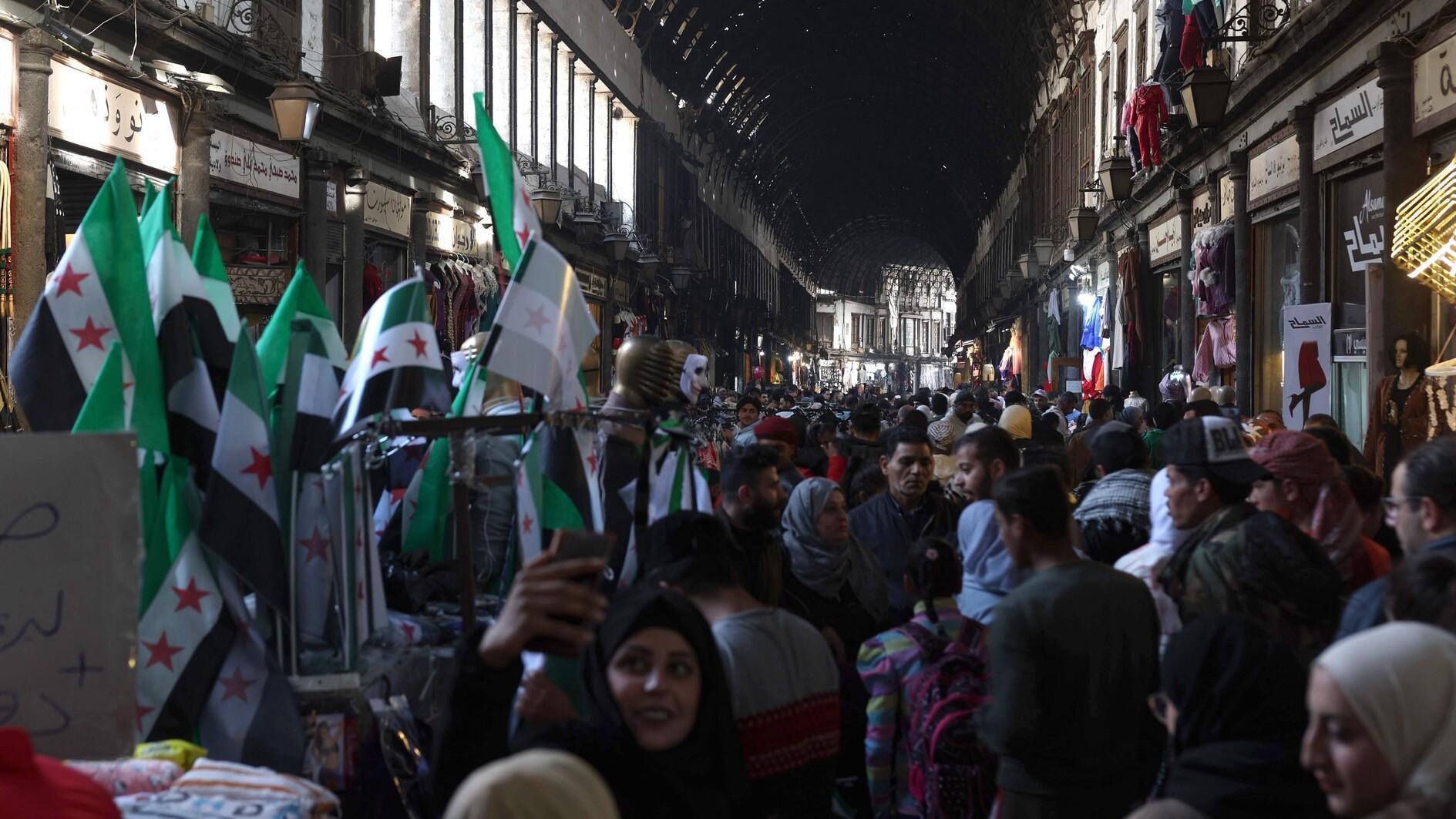Kurdish autonomy in Syria alarms Turkey
Two days after the capture of the Syrian border post of Turkey near the town of Rasulayn on July 17, the Democratic Union Party (PYD) in Syria declared that all Kurdish-populated towns in the country had been liberated on the “first anniversary of their autonomy.”
Right across from Rasulayn there lies its Turkish twin town of Ceylanpınar, where Turkish officials and reporters could easily see the raising of the flag of the PYD. The flag bears close resemblance to the flag of the outlawed Kurdistan Workers’ Party (PKK), which has been waging an armed campaign for the last three decades in Turkey. The PYD is also known to be the “PKK in Syria.”
When the PKK was founded by a handful of left-wing Kurdish militants led by Abdullah Öcalan near Diyarbakır in southeast Turkey in 1978, their aim was to carve out an independent Kurdish state out of the territories of Turkey, Iran, Iraq and Syria.
Kurds gained autonomy in Iraq following the U.S.-led 2003 occupation of Iraq. The military headquarters of the PKK is on the border of the Kurdistan Regional Government (KRG) of Iraq, led by more traditionalist Kurdistan Democratic Party (KDP) leader Masoud Barzani. Now the autonomy of Kurds in Syria is no good news for Tayyip Erdoğan’s government in Ankara.
PKK advances in Syria, where Erdoğan policies regarding the civil war there have not produced a real success, could be harmful for his initiative almost a year ago in pursuit of a peace with the PKK through dialogue for a political settlement for the country’s Kurdish problem.
On July 18 President Abdullah Gül, Prime Minister Erdoğan and Chief of General Staff Necdet Özel had a meeting n Ankara in which Syria and Kurdish issues were discussed. On July 19 Erdoğan’s chief adviser on security affairs, Yalçın Akdoğan, “warned” the PYD (thus the PKK) not to “play with fire” by labeling the situation as “autonomy," which could have reflections across the border in Turkey. The same day, Turkish Foreign Minister Ahmet Davutoğlu said that Ankara would not accept “any de facto situation, any fait accompli in Syria.”
The same evening tens of thousands of demonstrators in the predominantly Kurdish populated towns in east and southeast Turkey held rallies “to celebrate the revolution in Rojava," or the Kurdish region in Syria, as they call it. (No, the police did not attempt use tear gas to disperse them, instead they took measures for public security.) Over the weekend Gen. Galip Mendi of the Turkish Second Land Command inspected the readiness situation of the troops with more Turkish Air Force jets starting to patrol along the Syrian border.
Will strong messages by Ankara and a beefed-up military along the Syrian border deter the PKK and its sister organizations from their plans to create a Kurdish Spring out of a failed Arab Spring? It is not easy to say “yes” to this question, since it will be a major surprise if the Turkish military intervenes in Syria without a NATO consensus. It may have destructive effects on the government’s dialogue with the PKK and also the work to write a new Constitution in the Parliament with the participation of the Peace and Democracy Party (BDP) as the legal conduit of the PKK. And the PKK is escalating the pressure on the government, asking for more, knowing that it has now a trump in its hand with the ongoing civil war in Syria as it complicates the Kurdish issue in Turkey.











